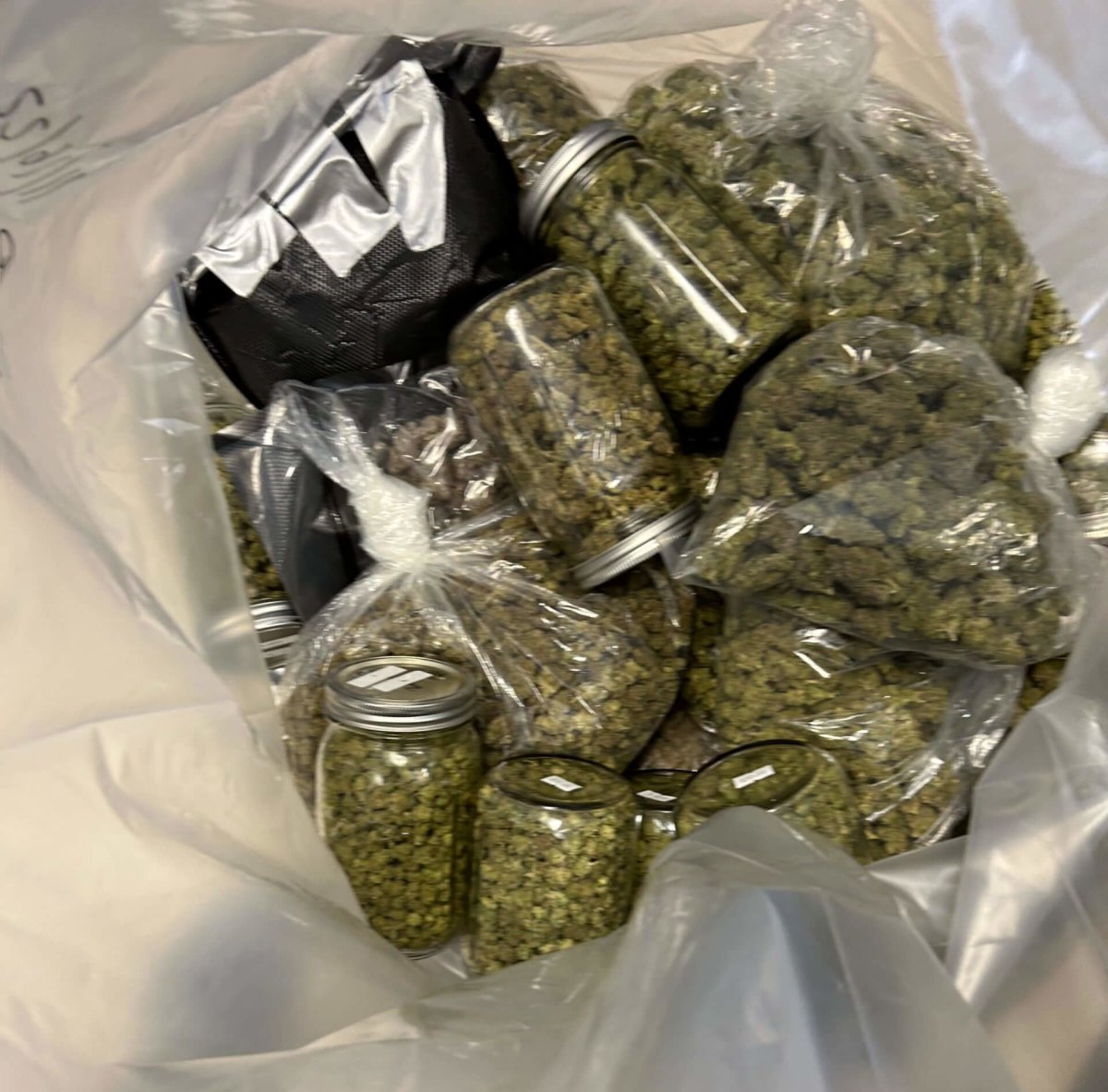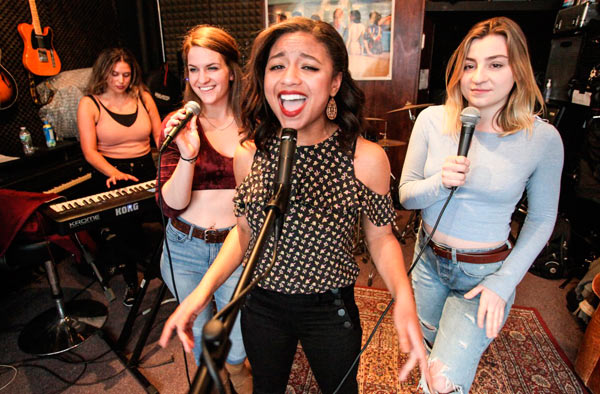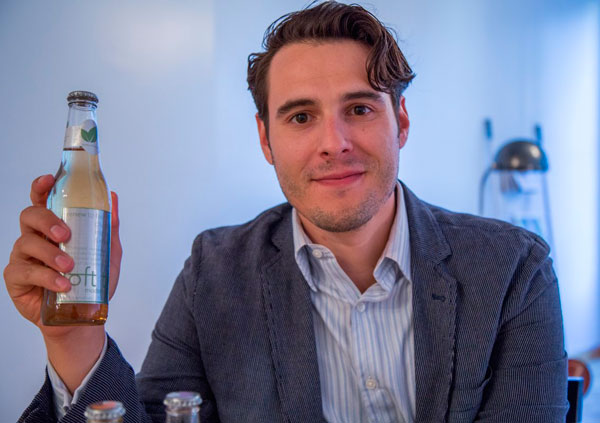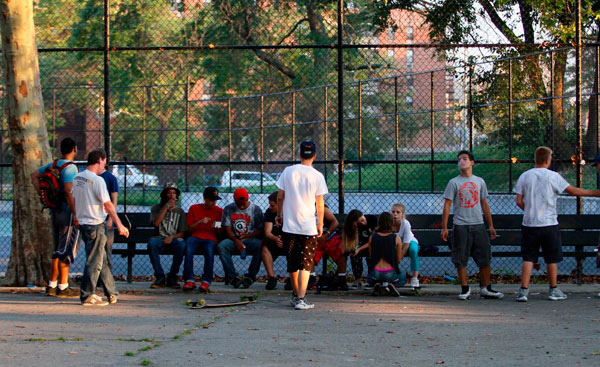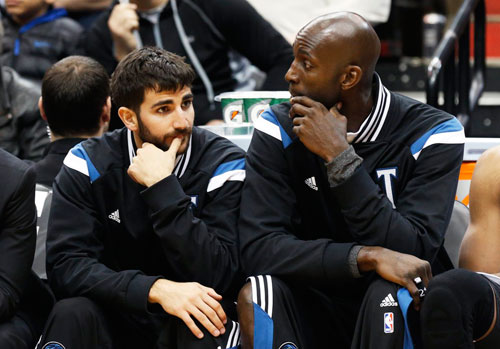As the city welcomes its first legal cannabis dispensaries, local leaders are looking to crack down on the still-prevalent retailers operating on the black market.
New York’s first legal cannabis dispensary, Housing Works Cannabis Company, opened in Greenwich Village last month after years of efforts to decriminalize, regulate and legalize marijuana in the state.
However, despite being the only licensed retailer around, there remains much competition from illicit sellers nearby — whose products are not regulated, and not subject to taxes.
“Within a 10 block radius of that store, thanks to the O&I staff office, we know there are 11 illegal cannabis retailers,” said councilmember Gale Brewer. “All of which, I think, are undercutting Housing Works’ prices. How can we expect legal shops to compete in this kind of marketplace?”
As a result, the Council is making efforts now to examine, and beef up, the city’s enforcement against the increase of shops selling illegal cannabis and smoking products.
“We need enforcement to tell us why so many businesses are allowed to set up shop in the open, why so many are illegal, and how they’re going to get things under control, and again, I know it’s hard because the state doesn’t have the authority to do that yet,” said Brewer.
The Marijuana Regulation and Tax Act was signed into law on March 31, 2021, which legalized recreational cannabis use in New York — while focusing on allowing underprivileged and historically disenfranchised communities to reap the benefits.
Unlike in other states where the recreational sale of cannabis is dominated by large corporations, the state carefully designed its initiative to grant the first opportunity to sell cannabis to those impacted by the war on drugs.
In November of last year, the New York State Cannabis Control Board approved 36 conditional adult used retail dispensary licenses or card licenses. That included 28 licenses that were granted to individual business owners who have a previous cannabis conviction or who have a family member with a previous cannabis conviction.
The other eight licenses were granted to nonprofit organizations with a history of current or formerly incarcerated individuals, including Housing Works, the nonprofit that operates the city’s first legal dispensary.
However, illegal sales could be an obstacle for this and any future legal dispensaries to flourish.
“This proliferation of unlicensed smoke shops seeks to thwart that opportunity,” said Marjorie Velazquez, chair of the Council’s Committee on Consumer and Worker Protection. “The city intends to advance the estate’s initiative and build a more equitable and inclusive market that rectifies the harms of the past. This requires enforcing state and local laws and ensuring that no businesses are skipping any steps before operating.”
One of the first attempts to face the unregulated market was the creation of a compliance task force initiated by the Deputy Mayor’s Office of Public Safety, and joined by the New York State Office of Cannabis Management.
Two teams consisting of approximately 10 personnel were dispatched in all five boroughs for 12 days in late November. That operation seized approximately 147,000 illegal items, including edibles, unlabeled cigarettes and vapes, along with 604 pounds of cannabis with an estimated retail value of over $4 million.
“Businesses that endanger New Yorkers will be thoroughly investigated,” said city Sheriff Anthony Miranda. “Illicit shops that continue to put New Yorkers at risk, while also jeopardizing the success of equity centered cannabis legalization will face legal consequences with respect to cannabis.”
According to NYPD authorities, the Bronx, the north part of Queens and the north part of Brooklyn are the areas with the highest traffic of illegal smoking products.
Illegal sales in unlicensed smoke shops are a problem for the sellers themselves since, according to NYPD Chief of Patrol John Chell, the transactions are completed with cash, making the stores a target for burglary. In 2022, the city reported 593 robberies of smoke shops, up from 250 in the previous year, and just 30% resulted in arrests.
Three robberies of this nature were reported last night, Chell said, and in one incident, a person was shot.
“Many people think that the illegal shops are legal, that’s another issue,” added Brewer. “We want the legitimate market to be successful. I don’t want to see unlicensed cannabis sellers enter the criminal justice system for anything less than severe criminal contact that threatens public safety, but we need solutions.”


